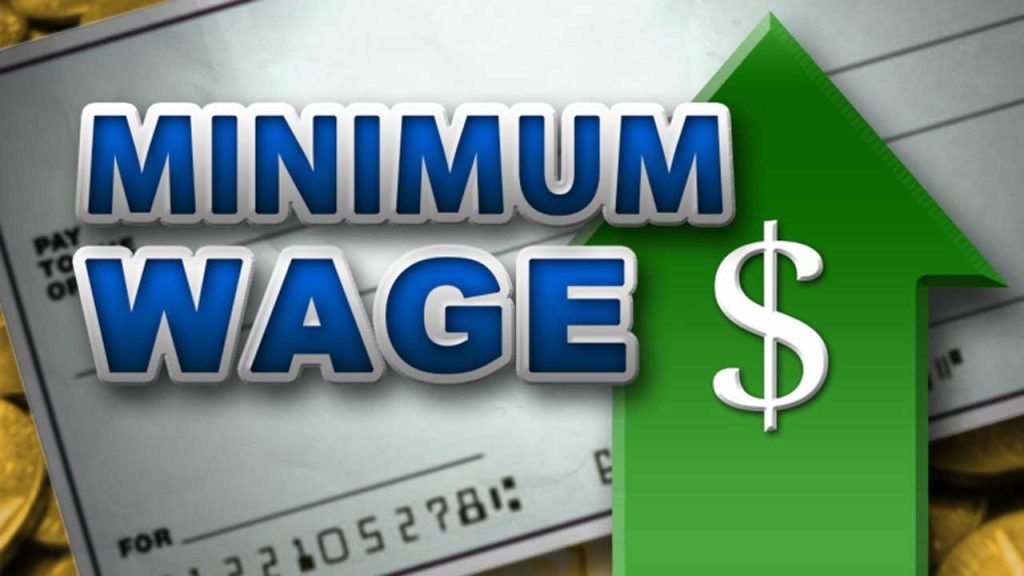
With President Bola Tinubu signing the new minimum wage law, it is time for all tiers of government to take action. The new minimum wage of N70,000, to replace the old N30,000, was scheduled for implementation in April.
The issue of low wages in Nigeria is complex. During the 2010 negotiations, governors initially resisted the increase from N12,000 to N18,000 monthly. Eventually, they agreed after significant pressure.
Despite claims of financial incapacity by many states, it is essential for all levels of government to prioritize the new minimum wage. Following the removal of petrol subsidies in May 2023, there is more revenue available.
Reports indicate that several states may struggle to meet the increased wage demands. However, it is crucial for them to find solutions considering the improved financial situation.
It is concerning that 15 states have yet to implement the 2019 minimum wage of N30,000, as reported by the Nigeria Labour Congress.
The Federal Government had to borrow to cover the N30,000 payment, highlighting financial strains. The private sector also faces challenges such as high taxes and energy costs.
State governments need to manage their finances better and curb excessive spending. It is imperative to address issues of debt accumulation and focus on revenue generation.
Accountability and responsible governance are essential. Instead of extravagant projects, leaders should prioritize cost-cutting measures and address critical issues like insecurity.
Investing in human capital, infrastructure, and exploring internal resources can help states boost their revenue streams. It is crucial for voters to hold leaders accountable for their actions.
Nigeria’s abundant mineral resources provide a significant opportunity for economic growth. States should leverage these resources, such as bitumen and gold, to generate income.
By focusing on revenue generation, states can overcome challenges related to minimum wage payments.
